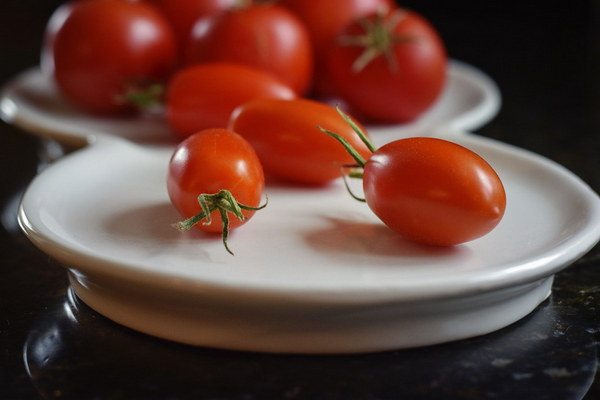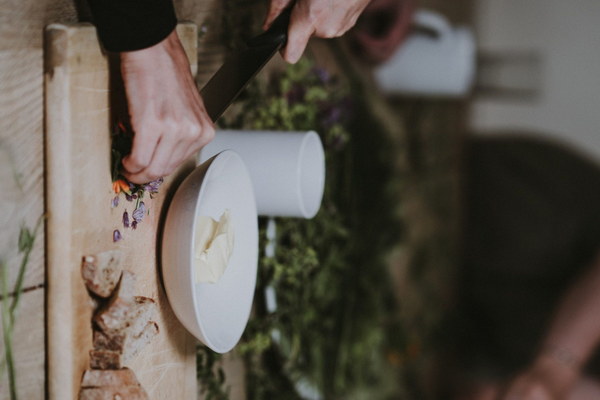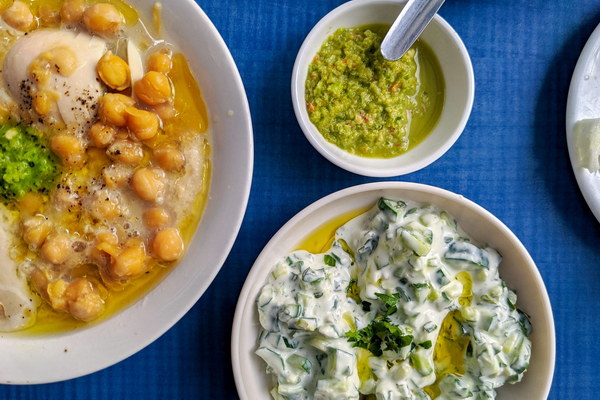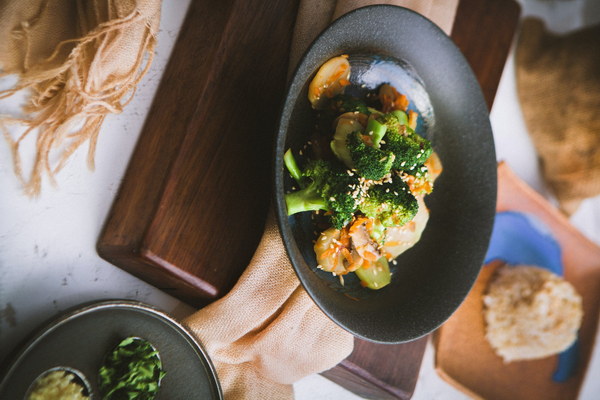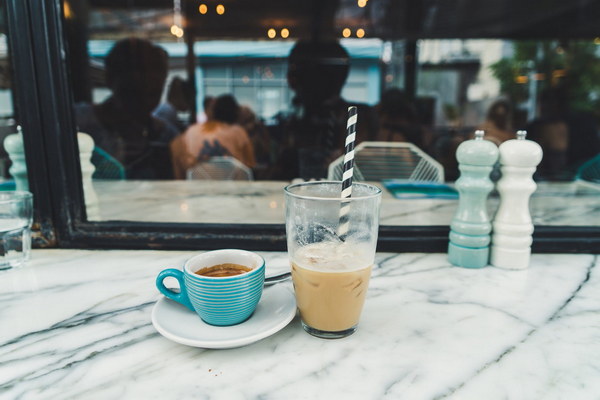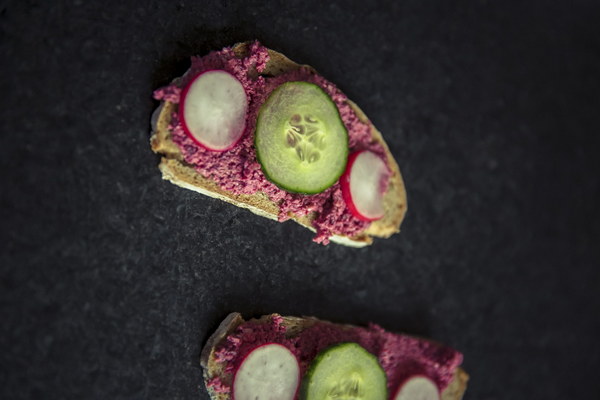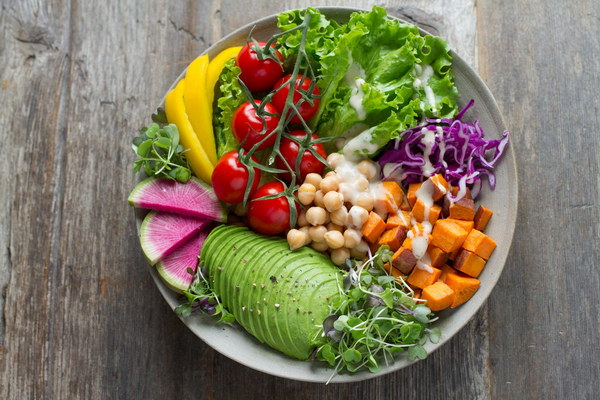Crafting Health The Art of Handmade Herbal Teas for Wellness
In the bustling world of modern life, where convenience often reigns supreme, there remains a timeless allure in the act of crafting one's own herbal teas. These bespoke potions, steeped in tradition and tailored to individual needs, offer a sanctuary of wellness amidst the chaos. The art of handmade herbal teas lies not just in their preparation, but in the profound connection they foster between the brewer and the brew.
Herbal teas, by definition, are made from the leaves, flowers, or roots of various plants. They have been used for centuries across cultures, not only for their delightful flavors but also for their medicinal properties. The act of creating these teas by hand is a labor of love, a dedication to the pursuit of health and balance.
The process of crafting herbal teas begins with selecting the right ingredients. Each herb has its unique characteristics and potential benefits. For instance, chamomile is known for its calming effects, while ginger can boost digestion. The brewer must be well-versed in the properties of each herb to create a tea that serves its intended purpose. It's a blend of intuition and knowledge, a dance between the mind and the hands.
Once the herbs are chosen, they must be prepared. This involves drying the herbs, which can be done naturally or using a food dehydrator. The drying process is crucial, as it ensures that the herbs retain their medicinal qualities. After drying, the herbs are ground into a fine powder, ready to be steeped.
The steeping process itself is an act of patience and attention. Water, the elixir of life, is heated to the perfect temperature—just below boiling for most herbs—to extract the full essence of the plants. The time the herbs are left to steep can vary, depending on the type of tea. For instance, a strong, caffeine-free tea like ginger may require a longer steep than a delicate, aromatic flower like lavender.
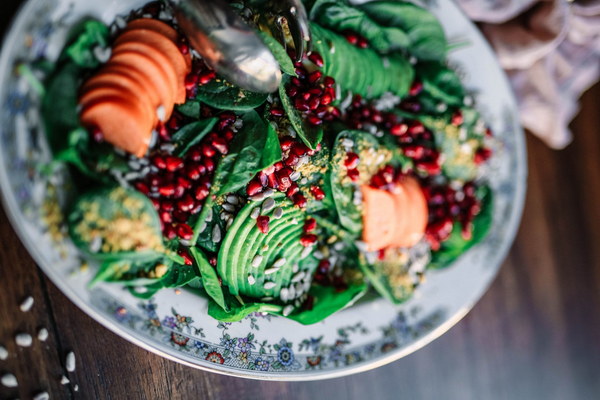
The final product is not just a beverage but a personal creation. The aroma, the color, and the taste are all reflections of the brewer's intentions. Each sip is a testament to the care and thought that went into its making. This process of crafting herbal teas is a meditative experience, a moment of stillness in a fast-paced world.
One of the greatest advantages of handmade herbal teas is their adaptability. They can be customized to suit individual tastes and needs. For those seeking relief from stress, a blend of chamomile, lavender, and lemon balm might be ideal. For those with digestive issues, a combination of ginger, fennel, and peppermint might provide relief. The possibilities are endless.
Moreover, handmade herbal teas are free from the preservatives and additives that can be found in commercial teas. This not only makes them a healthier choice but also allows the natural flavors and properties of the herbs to shine through. It's a return to the basics, a reminder of the power of nature and the importance of simplicity.
In a world that often feels overwhelming, the act of crafting herbal teas is a profound act of self-care. It is a testament to the belief that wellness is not just about what we consume, but also about the process of creation. It is about the connection we forge with the earth and the plants that sustain us.
As the world continues to evolve, the art of handmade herbal teas remains a steadfast beacon of tradition and health. It is a reminder that sometimes, the most effective medicine is not found in a pill or a potion, but in the simple act of making and sipping a cup of tea, crafted by hand with love and intention.
